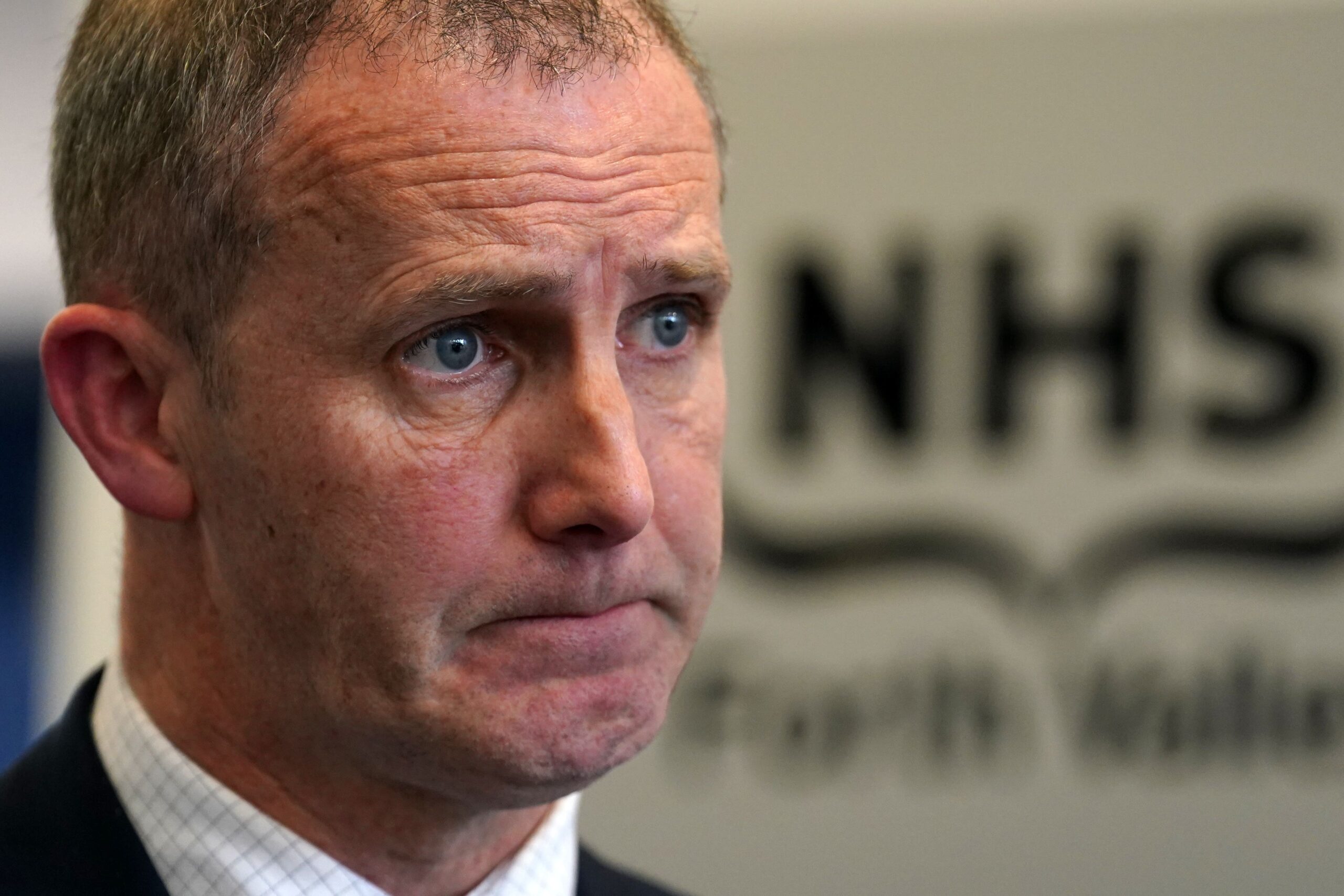Scottish Tories Spent Over £150K on Media Training
The Scottish Conservative party has been noted to expend over £150,000 of public funding for media tutelage, which notably was funneled into companies operated by two former party communications specialists. Records from the Holyrood expenses register reflect that the party expended this amount for media tutelage from March 2022 until March 2024. More than £118,200 of this investment went into Gen Comms Limited, a company steered by Ramsay Jones, who served as the party’s director of media from 2000 to 2012. His company was tasked with refining the broadcast skills of the 31 Scottish Tory MSPs, via individual and group training sessions.
Shorthand PR, another organization receiving funds, is led by Adam Morris, the party’s previous media chief. In 2023 and 2024, Morris’ firm accepted £26,000 for instruction in written and social media engagement. Such investments were sourced from the support budgets allotted to the Scottish Tory MSPs, which are typically used to assist in carrying out their official responsibilities.
When compared to spending amounts from other parties, the expenditures made by the Scottish Tories appear exceptionally high. This is primarily due their investment in media coaching. Other parties also engaged in similar practices, though their expenses were significantly lower. Scottish Labour, for example, paid Ebor Political Consultants Limited, a consultancy led by ex-communications specialist Alan Roden, £30,000 in March 2024.
MSPs from varying parties have also sought out training. Notably, Scottish Labour MSP Neil Bibby disclosed expenses of £459 for video editing coaching for his team members during the previous year. Similarly, staff members working with SNP minister Angela Constance engaged in social media skills enrichment in 2023 for a fee of £199.
Scottish Greens co-leader Lorna Slater invested £3000 in 2023 for the development of communication skills. Additionally, Scottish Tory MSP Edward Mountain assigned £10,500 to Shorthand PR as a consultancy fee for communications spanning from January to March 2024. This fee was paid in three separate installments.
The record reveals that the Scottish Tories have spent well over £150,000 of tax-generated money on media training. These actions coincide with the party leader, Russell Findlay’s proposals for a Scottish Department for Government Efficiency (Doge). Findlay’s proposal has been well-received and widely publicised.
Earlier this year in February, Findlay stated his intention to create a government department mirroring the cost-cutting measures established by Elon Musk’s Doge in the United State. He shared that the Scottish version of Doge would be responsible for addressing wastage, finding potential savings, and seeking superior value for taxpayers.
Although the pitch was attractive, it also stirred suspicions in the Scottish Greens who questioned the ethical basis of such large expenses. According to them, the whooping £155,000 could be seen as a massive deployment of public funds for media training within a two-year span, sparking debates on their real value.
One of their spokespeople, MSP Maggie Chapman conveyed her concern, having trouble believing that this high allocation for media training brought back the expected return on investment. Nonetheless, she did admit that the provision of support and training to elected representatives was not unwarranted, but she felt it should be done in a reasonable and ethical manner.
A critical point made by Chapman was the fact that large amounts were transferred to companies led by former party mates, which might raise further moral questions. Given the history of the Tories with money management, these latest revelations were yet another addition to a trend Chapman considered predictable.
In response to the concerns and criticism, Scottish Conservative offered an explanation. As per a spokesperson from the party, the significant investment was used to provide expert media training to all its Scottish Conservative MSPs within that fiscal year.
The spokesperson mentioned that the cost was covered through a collective fund made up of contributions from the individual support budgets allocated to each MSP. This statement further emphasized the need for continued professional development for the representatives, irrespective of the seemingly high cost.
In all, this expenditure in media training can be understood in the context of the party’s drive towards improving the presentation and communication skills of its representatives. By channeling resources into established firms led by experienced media professionals, the Scottish Conservative hopes to reap the benefits of enhanced public engagement.
The opinions however are divided, with some seeing it as a necessary investment for the party’s growth and public relations, while critics, especially from the Scottish Greens, seeing it as an unnecessary and unusually high spend. The saga continues, with discussions and debates on the fairness and worthiness of these expenses for media training.
The Scottish Conservative on the other hand has chosen to view the expenses in the light of its broader goals. As the party strives to enhance its visibility and impact, the investment in media training is regarded as crucial in strengthening its comeuppance.
The incident has ignited a discussion on the ethics of political spending, especially ones aimed at image-building or boosting public relations. As the dust settles, lessons learned from this experience will likely shape how such investments are viewed and made in the future.



